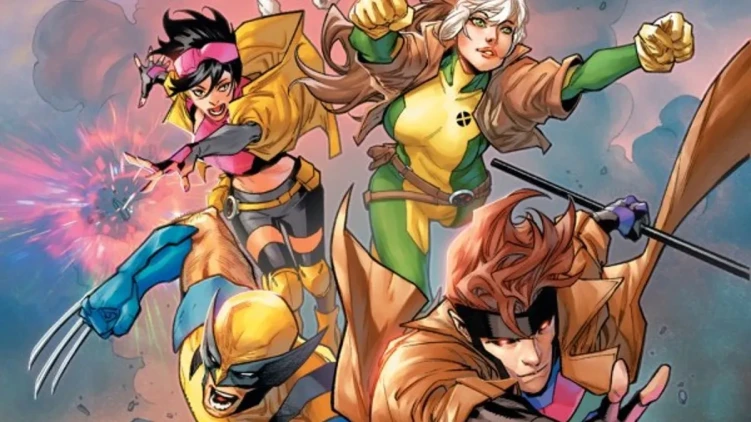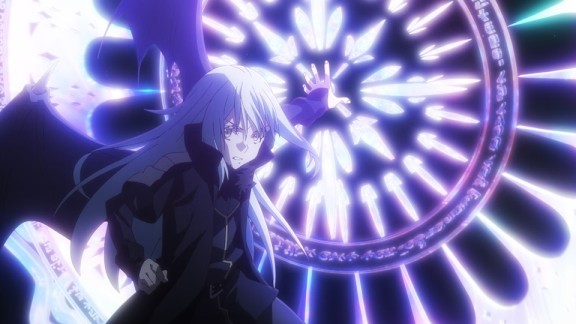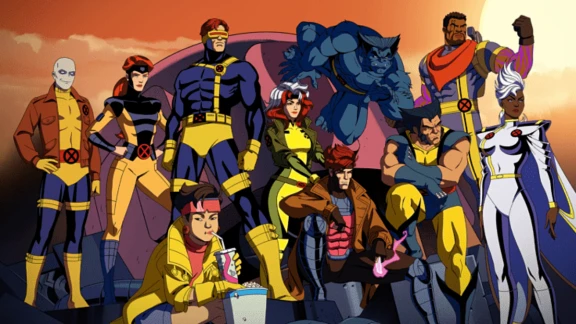
In a tantalizing twist for superhero cinema, Marvel Studios has stoked the flames of fan anticipation by reserving a December 15, 2028, release date for an untitled film, prompting fervent speculation that the long-awaited X-Men reboot may finally join the Marvel Cinematic Universe (MCU). This enigmatic addition marks Marvel’s fourth scheduled feature for 2028, joining previously announced releases set for February 18, May 5, and November 10 of that year. With the studio’s strategic pivot toward quality over quantity, this move has ignited debates about whether the mutant saga will spearhead a bold new era for the MCU.
Disney’s announcement of the December 2028 slot, as reported by Variety, underscores Marvel’s ambitious plans for a robust cinematic lineup. This would be an unprecedented move for the studio, which has scaled back its output in recent years following Disney CEO Bob Iger’s candid admission in May 2025 that Marvel had “lost a little focus by making too much.” The decision to secure four release dates in a single year suggests confidence in the studio’s evolving strategy, prioritizing impactful storytelling over rapid expansion. However, skepticism lingers, as Disney has a history of reserving dates as placeholders, as seen when Blade was bumped from its November 2025 slot for Predator: Badlands. Whether all four 2028 films materialize remains an open question.
Among the projects vying for the 2028 spotlight, fans have zeroed in on the possibility of an X-Men reboot. The mutant franchise, long a cornerstone of superhero cinema under 20th Century Fox, has yet to fully integrate into the MCU’s sprawling narrative tapestry. Other contenders for the December slot include a potential Black Panther 3, a Fantastic Four sequel, or even a second chapter of Avengers: Secret Wars. Yet, the allure of the X-Men—with their rich lore and passionate fanbase—has made them the frontrunner in fan speculation.
The X-Men hold a unique place in comic book history, blending high-stakes action with poignant social commentary on discrimination and identity. Their absence from the MCU’s main continuity has been a persistent talking point since Disney’s 2019 acquisition of Fox, which brought the mutant heroes under Marvel’s creative control. The December 2028 slot has fueled hope that Marvel is finally ready to unveil its vision for the team, potentially signaling a seismic shift in the MCU’s trajectory post-Avengers: Secret Wars.
Adding weight to the speculation, Thunderbolts director Jake Schreier has been tapped to helm the MCU’s first mutant-centric film, with several actors from Fox’s X-Men series, including Ian McKellen and Patrick Stewart, confirmed to appear in Avengers: Doomsday. This crossover hints at Marvel’s intent to bridge its multiverse narrative with the mutants’ introduction, setting the stage for a standalone X-Men project. The timing aligns with Marvel’s Phase 6 and beyond, which is expected to pivot toward new heroes and stories following the resolution of the multiverse saga.
The X-Men’s Journey to the MCU
A Legacy of Fox’s X-Men
The X-Men franchise began its cinematic journey in 2000 with Bryan Singer’s X-Men, a groundbreaking film that helped usher in the modern superhero movie era. Over two decades, Fox produced 13 films, including standouts like X-Men: Days of Future Past and Logan, which earned critical acclaim for their emotional depth and bold storytelling. However, the series also faced challenges, with inconsistent quality in films like X-Men: Apocalypse and Dark Phoenix. Marvel Studios president Kevin Feige, who worked as a producer on Fox’s early X-Men films, has acknowledged the lessons learned from those efforts, emphasizing that the MCU’s approach will embrace the team’s unique blend of spectacle and heart without shying away from their “silly” comic book roots.
Since the Fox acquisition, Marvel has been methodical in laying the groundwork for the X-Men. The studio has sprinkled mutant references across its projects, from the mention of “mutants” in Ms. Marvel to the appearance of Charles Xavier (Patrick Stewart) in Doctor Strange in the Multiverse of Madness. These breadcrumbs suggest a deliberate buildup to a larger mutant presence. The upcoming Avengers: Doomsday, set for 2026, is confirmed to tie directly to The Fantastic Four: First Steps, which introduces key cosmic elements like Galactus and the Silver Surfer—characters that could intersect with the X-Men’s mythology in a rebooted universe.
Integrating the X-Men into the MCU presents both creative and logistical challenges. The team’s sprawling roster—featuring iconic characters like Wolverine, Storm, and Magneto—requires careful casting and storytelling to resonate with modern audiences. Moreover, the X-Men’s themes of societal prejudice demand a nuanced approach to avoid feeling redundant in a crowded superhero landscape. Yet, the opportunity to redefine the mutants as a cornerstone of the MCU’s next phase is immense. A 2028 release could position the X-Men as the vanguard of a post-Secret Wars era, potentially exploring a new reality where mutants are central to the world’s conflicts.
Fan Theories and the Road Ahead
Social media platforms like X have been abuzz with fan theories, with many convinced that the December 2028 slot is reserved for the X-Men. “[December] is usually saved for huge blockbusters, so I feel like this has to be X-Men right?” wrote one fan on X. “Probably the first movie of phase 7 a year after Secret Wars. While some fans argue for Avengers: Secret Wars Part 2 as the mystery film, the X-Men theory gains traction due to the franchise’s long absence and Marvel’s hints at their imminent arrival.
As Marvel gears up for a transformative 2028, the prospect of the X-Men joining the MCU feels closer than ever. Whether the December slot delivers mutants or another surprise, the studio’s commitment to bold, quality-driven storytelling promises an exciting future. For now, fans can only speculate and wait, but the dream of seeing Wolverine’s claws gleam in the MCU is enough to keep the anticipation alive.






